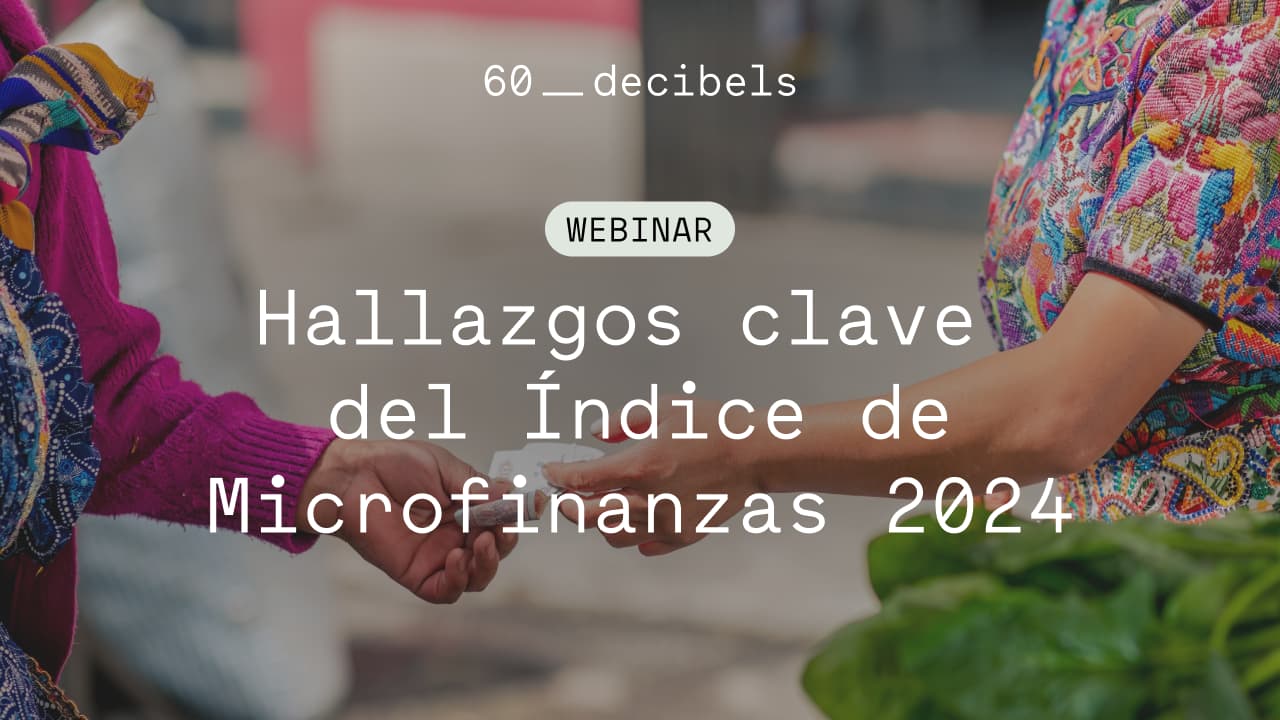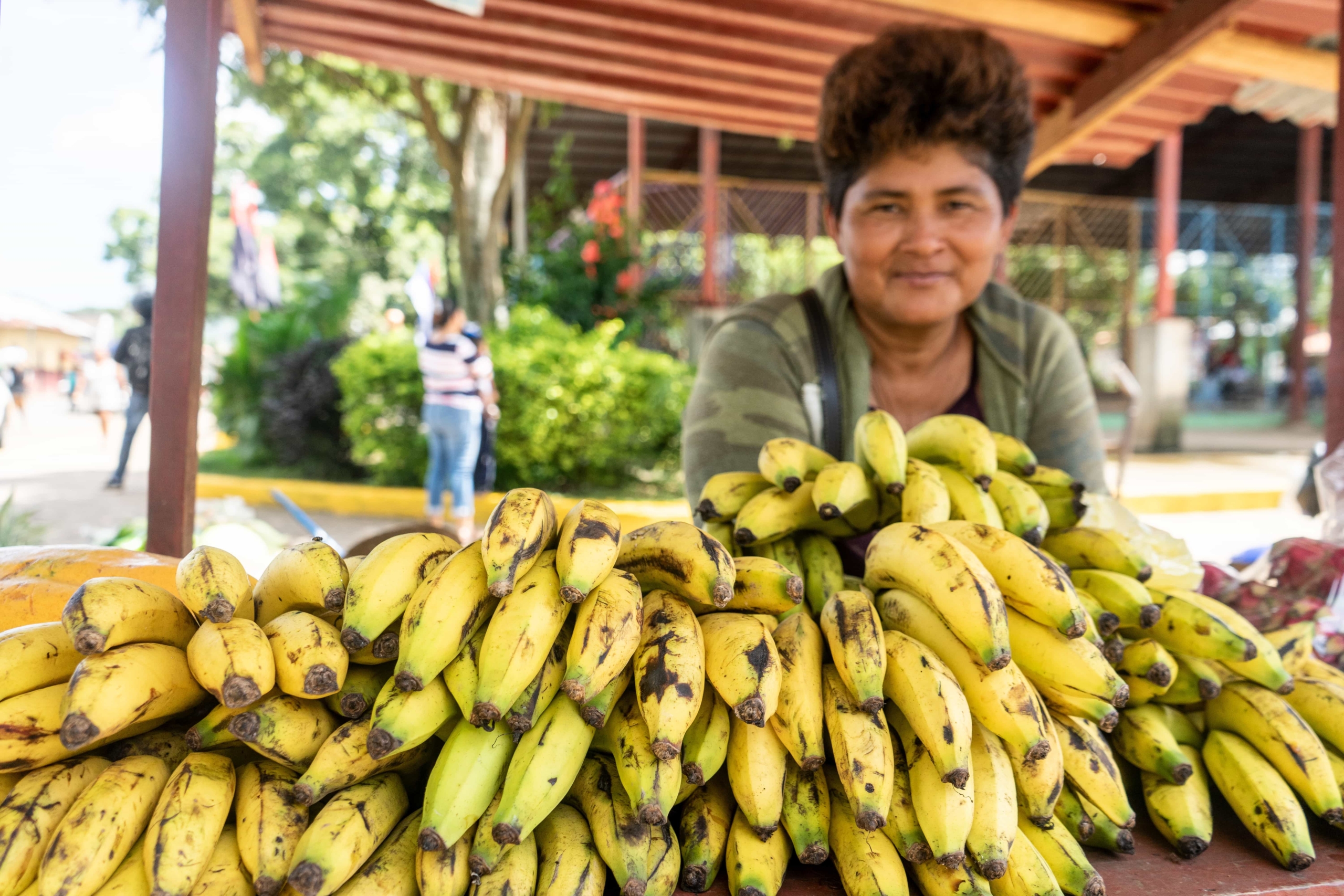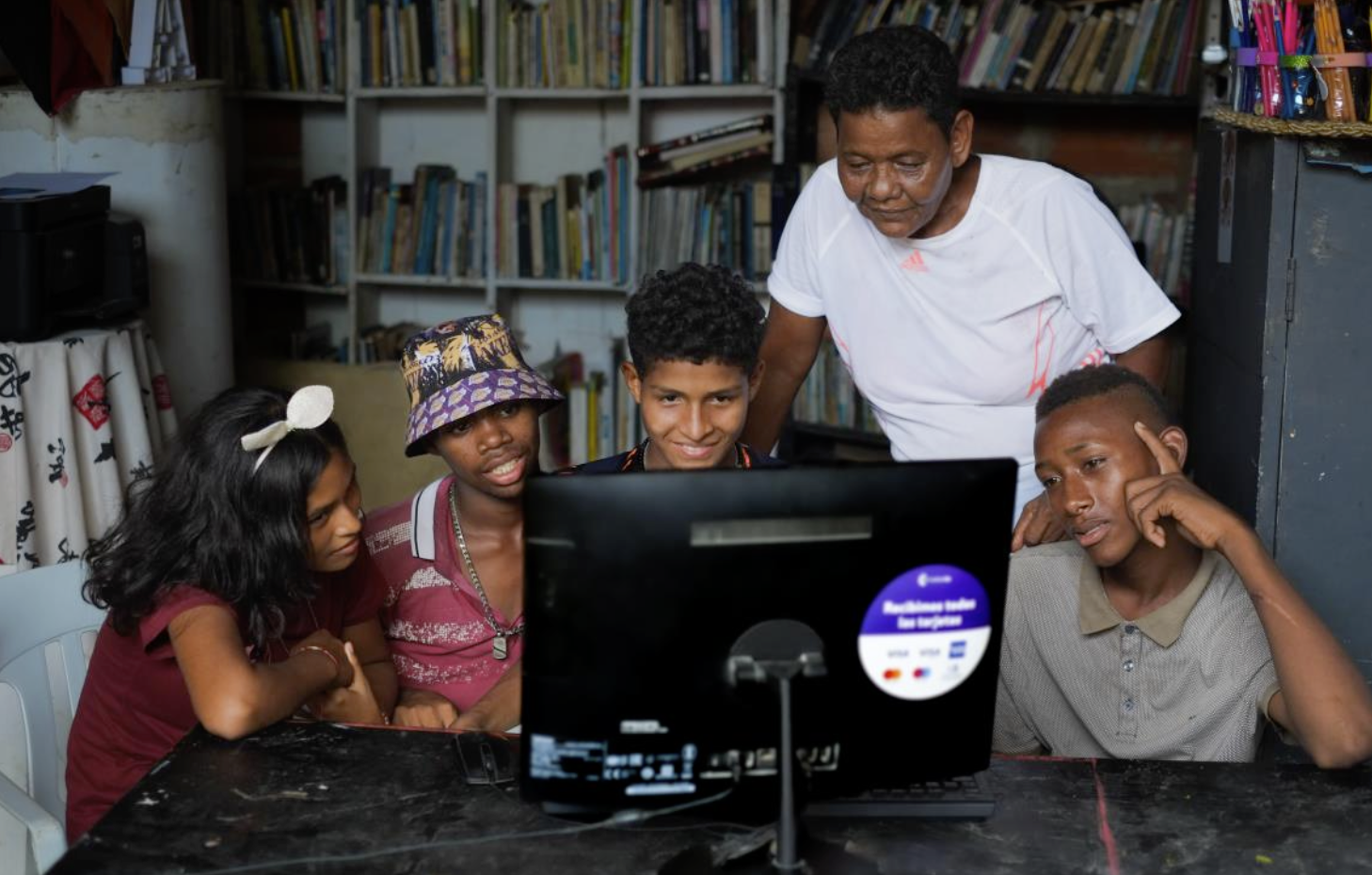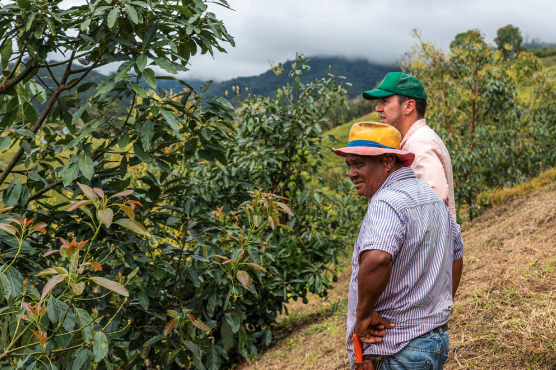
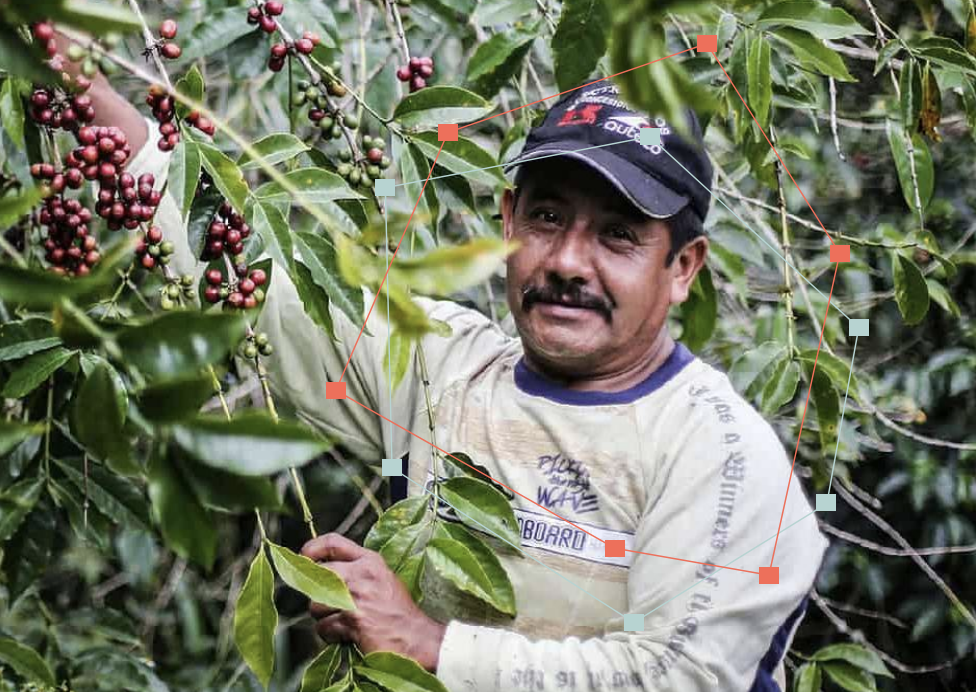
10 Years of Acumen Latin America Investment in Colombia
$10M
19
132k
In 2014, Acumen Latin America (ALA) began investing in Colombia with the hypothesis that: impact-first capital could help rebuild the social fabric in rural, conflict-affected communities by addressing the root causes of poverty. Over the past decade, ALA has invested over $10 million in 19 businesses—mostly agribusinesses working in coffee, cacao, and produce—many of which are led by grassroots organizations with a deep commitment to community development.
To mark its 10-year milestone, ALA partnered with 60 Decibels to assess the results of this work. The findings are a powerful testament to the potential of long-term, community-focused investment in fragile settings.
Key Insights
ALA’s investments are reaching people most often left behind
50% of farmers supported by ALA-backed companies live in poverty, and 76% had no prior access to similar offerings.
The benefits extend beyond individual livelihoods
83% of farmers report improvements in well-being, income, and decision-making power, while 67% say their broader communities have also become more economically prosperous, collaborative, and hopeful.the individual and at the community level along a wide range of impact themes.
Time and trust deepen impact
Longer-tenured farmers report stronger gains in both household agency and financial outcomes.
Resilience to climate shocks is rising
49% of farmers feel better prepared for environmental disruptions, especially those who have adopted regenerative agricultural practices.
Gender disparities persist, mirroring broader regional inequalities
Women reported greater personal agency but fewer financial gains, highlighting the need for more gender-intentional strategies going forward.
These insights come at a critical time. As Colombia continues its long path toward reconciliation and Latin America faces mounting inequality and climate vulnerability, the role of private, impact-first capital has never been more urgent.
This report offers more than a retrospective—it provides a roadmap for how socially minded, for-profit enterprises can help restore dignity, foster resilience, and deliver real change in places too often overlooked by traditional finance and fading aid.
